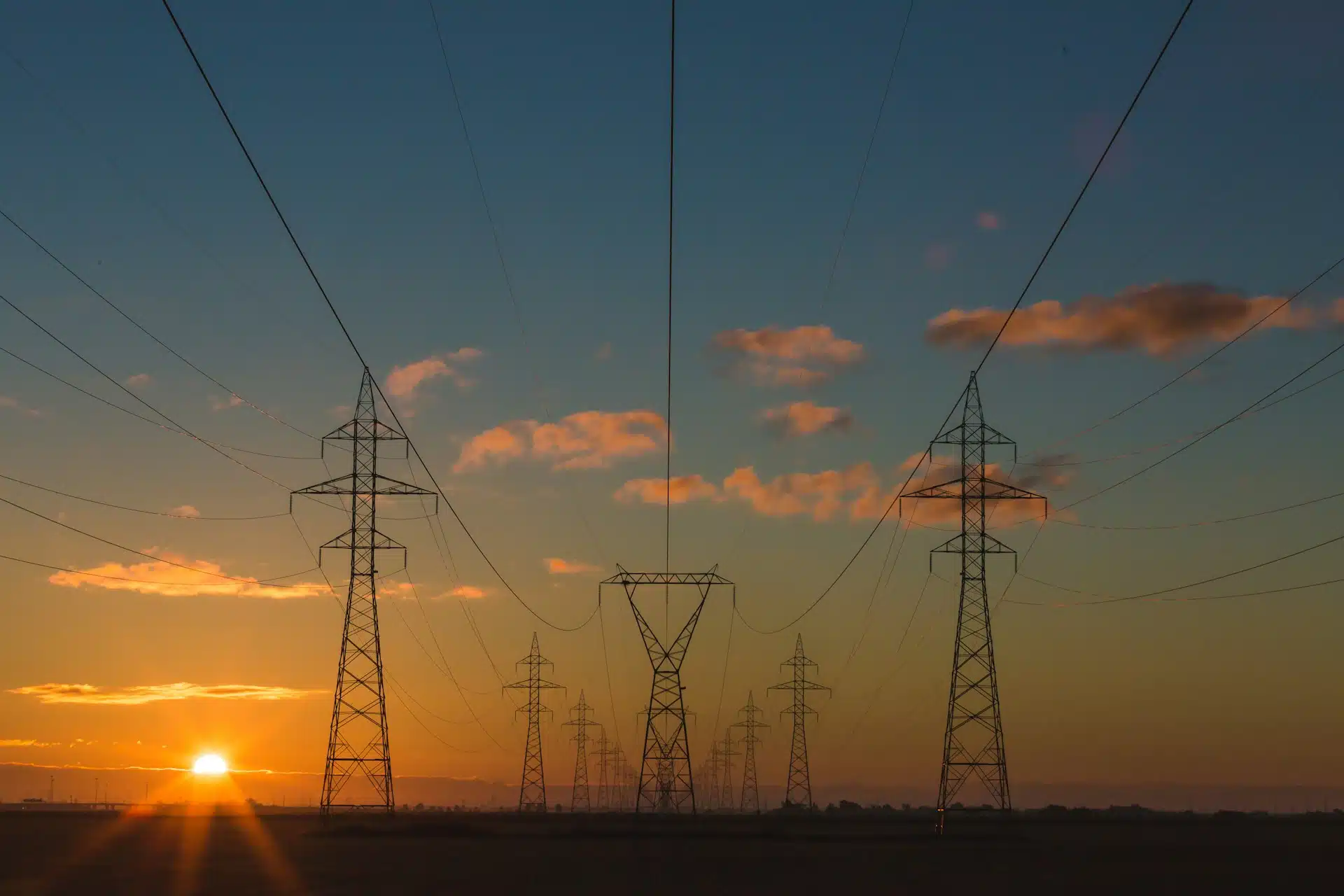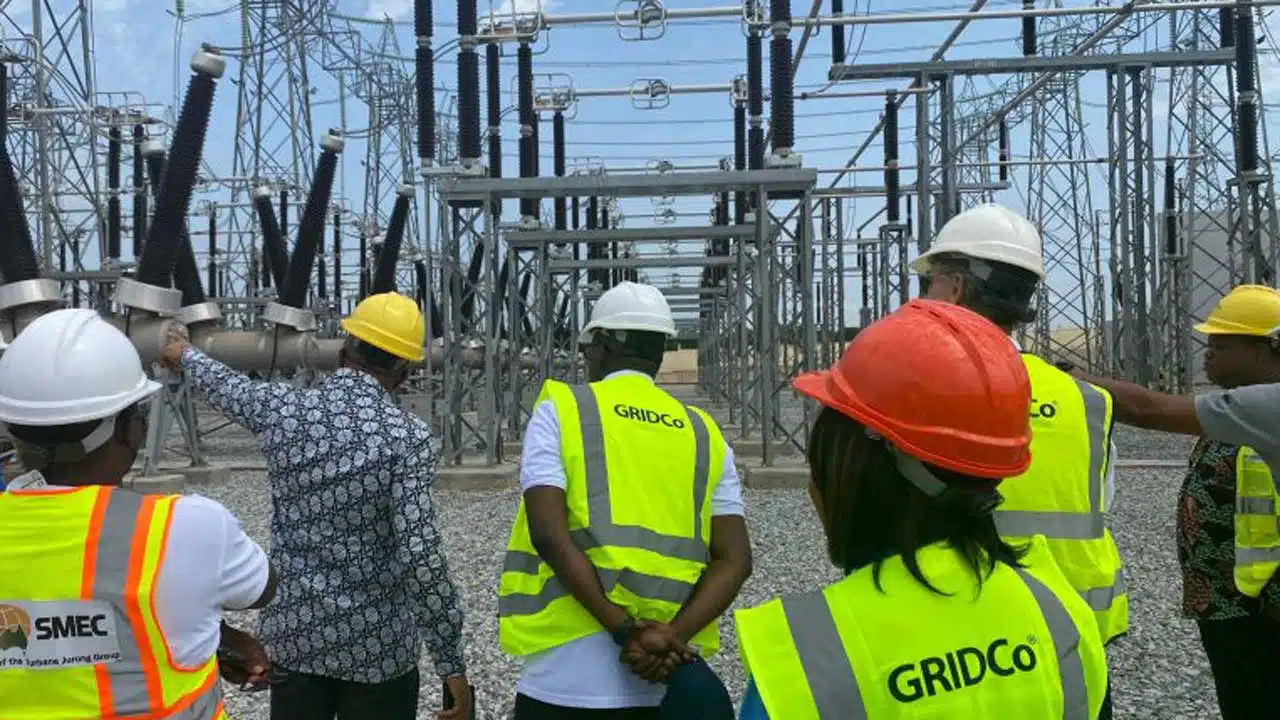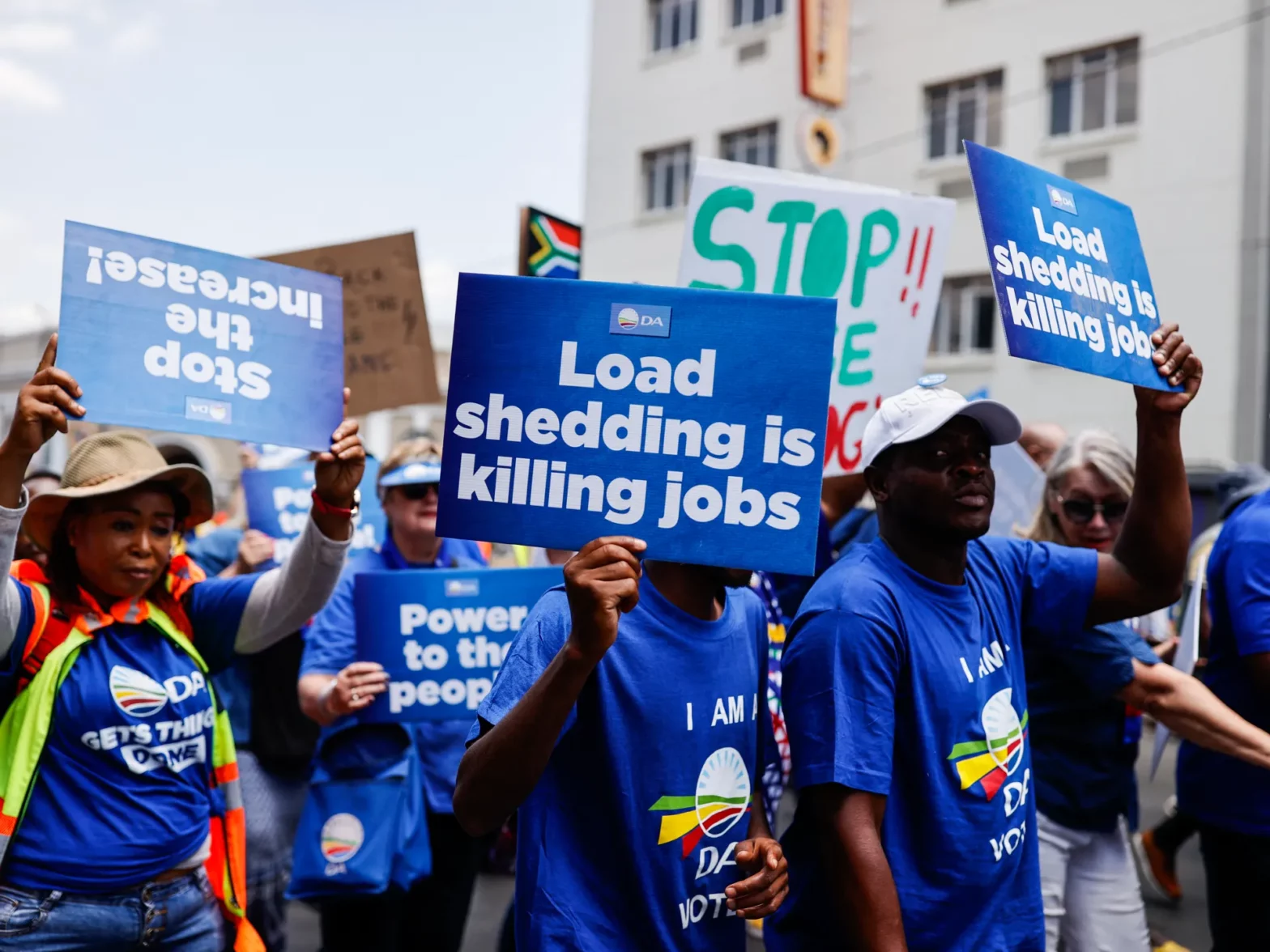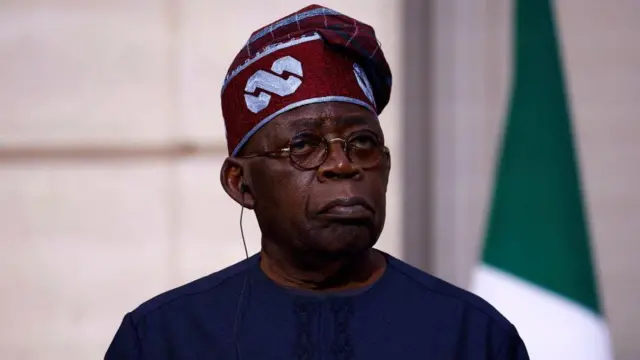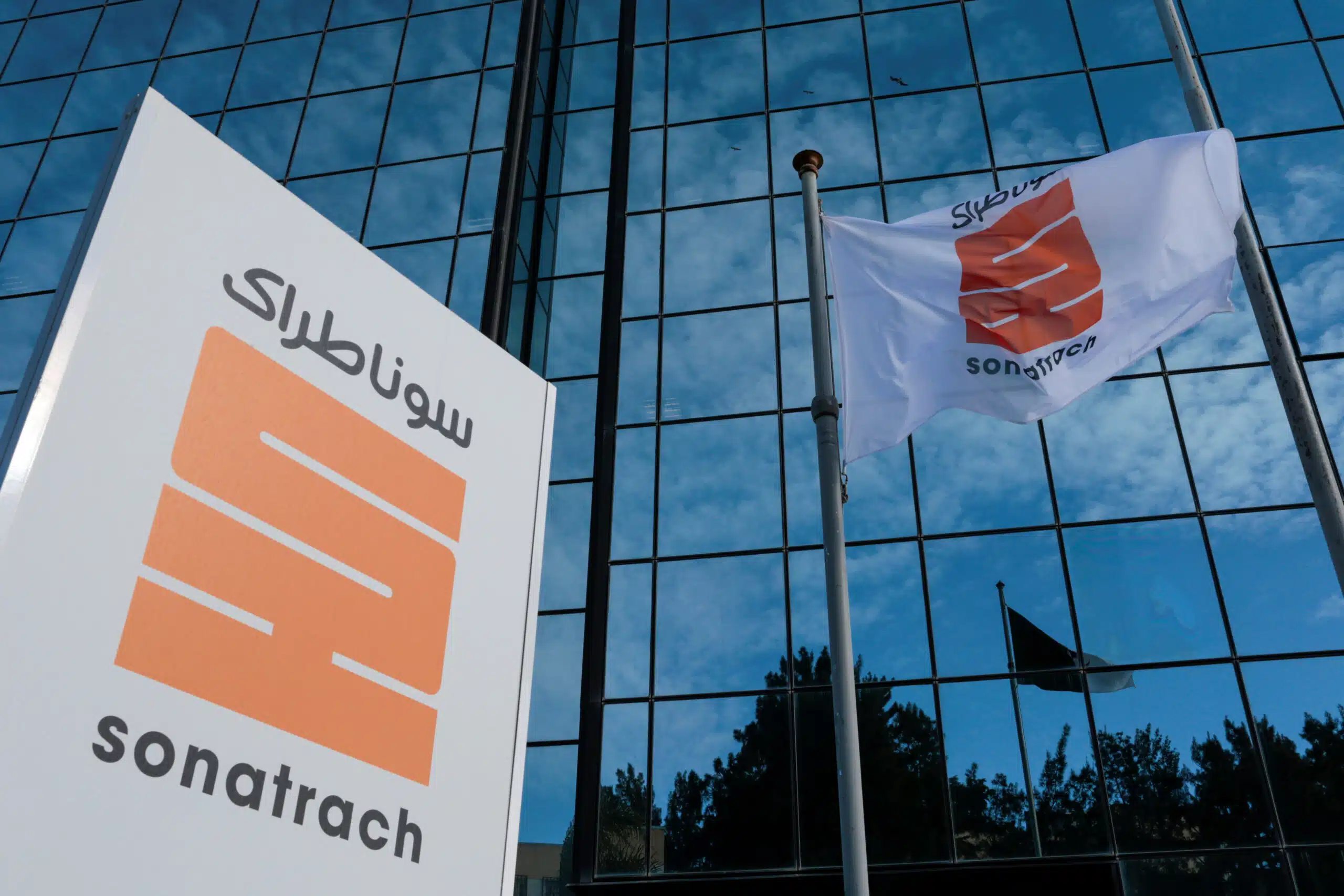Earlier last week, Nigeria’s Federal Executive Council approved the National Integrated Electricity Policy (NIEP) to be a blueprint meant to reshape the country’s power landscape, enhance sector governance, and drive investment across the electricity industry.
The NIEP is built from the National Electric Power Policy 2001, which has been long overdue for replacement.
“The Policy outlines various initiatives to aid the growth and development of State Electricity Markets (SEMs)”, Adebayo Adelabu, Nigeria’s Minister of Power said.
“It fosters a decentralised but collaborative approach to energy management and resource planning”.
The policy is designed to transform Nigeria’s power sector by attracting $122.2 billion in investments over 21 years (2024–2045).
Here are five key aspects of this policy
1. State Electricity Markets
Following the passage of the Electricity Act 2023, Nigeria’s electricity market has been decentralised, allowing individual states to establish and regulate their own electricity markets.
Under the new policy, State Electricity Markets (SEMs) are expected to create an enabling framework that attracts investment at the state level.
They are also tasked with ensuring effective collaboration with other SEMs and maintaining strong links with the National Wholesale Electricity Market.
NIEP) recommends that states begin their electricity market development by formulating and implementing Integrated Resource Plans (IRPs).
In cases where IRPs are not yet completed, realistic demand studies should serve as an interim measure.
These demand studies and IRPs are to form the foundation for procuring generation capacity and selecting power generators.
To ensure alignment, licensed suppliers and potential investors should have access to these plans when making investment decisions.
2. Development of off-grid electricity markets
In addition, the policy proposes the development of clear regulatory frameworks to standardise off-grid energy solutions.
The frameworks must outline performance standards, safety regulations, and technical requirements to protect consumers and foster trust in off-grid solutions.
It also proposes the imposition of cost-reflective tariffs that should be implemented transparently and responsibly.
The policy also proposes granting subsidies and tax incentives would lower the cost barriers for companies entering the off-grid market.
The policy also states that grants should be used to fund pilot projects and innovation in off-grid technologies to promote wider adoption and scaling.
3. Energy transition targets
Moreover, the document advocates for supporting Nigeria’s Sustainable Energy for All (SEforALL) agenda which aims for producing 30GW of power by 2030, with 30% of that produced by renewable energy sources.
To further the country’s energy transition, the policy promotes the use of decentralised solar technologies, including solar PV mini-grids, which is emerging as a strategic option for achieving higher levels of electrification.
4. Enhancing local content, research and development
In a bid to encourage local manufacturing of electricity infrastructure, the policy proposes the launch of a “Self-Reliant and Made in Nigeria” Initiative. This initiative will be led by relevant entities in the power sector.
It will focus on building capacity and competitiveness in the manufacture of electrical equipment, transformers, and renewable energy components locally.
The initiative also aims to promote local production. The goal is to reduce dependency on imported power equipment such as solar panels, wind turbines, and batteries.
The policy also proposes the development of a 10-year strategic roadmap for Nigerian Content in the Nigerian Electricity Supply Industry, which will be similar to the Nigerian content strategy and R&D roadmap for the oil and gas sector.
The policy also states that foreign companies operating in Nigeria’s electricity industry should be required to submit a Nigerian Content Plan to the Nigerian Electricity Regulatory Commission (NERC) for approval.
5. Gender Equality, Poverty and Social Inclusion for the Nigerian Power Sector
The policy mandates the Federal Ministry of Power to build on existing community-based initiatives, such as electricity committees and cooperatives.
It calls for collaboration with state and local governments, as well as development agencies, to design and implement projects that expand access to electricity.
The focus is particularly on improving electricity supply in rural and peri-urban underserved communities.
It also mandates the Ministry to develop and design initiatives to strengthen public institutional cultures that attract and retain women and promote and empower women’s participation and leadership in Nigeria’s electricity industry.

